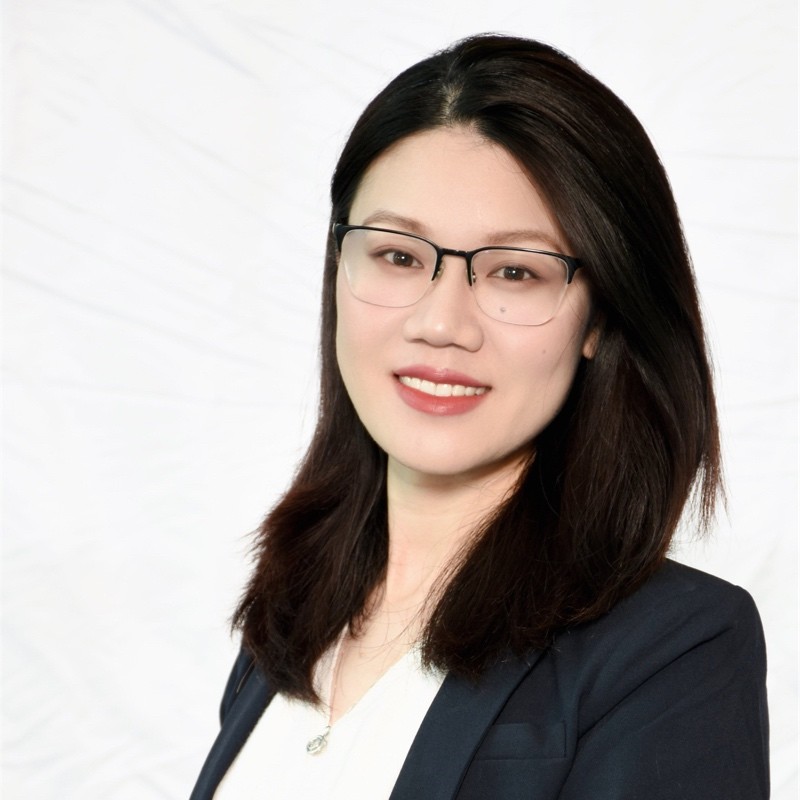January 22, 2024
3:00 pm
Venue
Remsen Hall 233
Note: ROSEI is cohosting this seminar with the Department of Chemistry.
Title: Innovative Catalysis for Organic Synthesis: Palladium-Catalyzed Carbonlynations and Photoenzymatic Catalysis
Abstract: In this presentation, I will explore two catalytic paradigms-transition-metal catalysis and enzymatic catalysis-enhanced by photochemistry. While transition-metal catalysis, exemplified by palladium-catalyzed carbonylations, has revolutionized organic synthesis, imitations persist. An intrinsic limitation to nearly all metal-catalyzed coupling reactions is that factors that favor one direction in catalysis (ex: oxidative addition) have the opposite inhibitory influence on the reverse (ex: reductive elimination). We developed approached that decouple the two steps from their classical electronic or steric influences, driven instead by visible light.
Fundamentally, this breaks an inherent limitation in transition-metal catalysis. Synthetically, this opens a general approach for carbonyl-containing product synthesis.
Furthermore, enzymes are unrivaled catalysts, exhibiting exceptional reactivity and selectivity. However, the generality of enzymatic catalysis is hindered by the limited natural reactivity. I will discuss our effort on how to introduce new mechanism for enzymes using photochemistry, thereby expanding the synthetic utility of enzymatic catalysis. Our work includes the engineering of a flavin-dependent “ene”-reductase for the asymmetric synthesis of a-chloramides via hydroalkylation of olefins. Furthermore, we unlocked the use of flavin-dependent enzyme for cross-coupling reactions.
